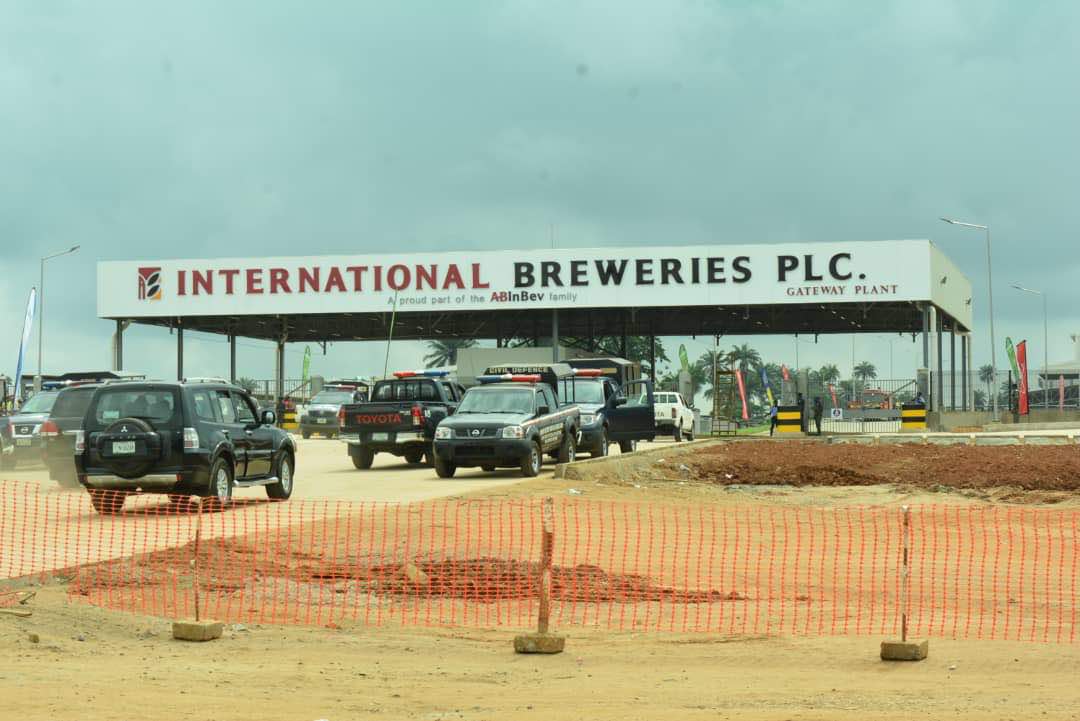MasterCard, national identity card and the rubbishing of a mega brand
When a firm is exposed to corruption, then it is also exposed to massive damage to its name. As the general public, including the company’s loyal shareholders, get a negative perspective on the business, they may never trust the company again and, by extension, they may never trust its products and services again.
Like a black hole fraught with danger that swallows anything thrown at it, Nigeria’s national identity card project is enmeshed in a fresh dispute. For the umpteenth time, another legal gridlock has caught up with the project albeit among the major concessionaire and a global firm it signed on in the course of executing the contract.
Recently, a Federal High Court sitting in Lagos ordered about 22 Nigerian banks not to honour any MasterCard transaction that has the logo of the National Identity Management Commission (NIMC) on it pending the determination of a design infringement suit filed by Chams Plc, and Chams Consortium against the Singaporean payment and financial technology company.
The suit which also has as defendants; Ajay Banga, president and CEO of Mastercard International, Omokehinde Ojomuyide, Country Representative of Mastercard in Nigeria, Daniel Monehin, the Staff of Mastercard, the NIMC, and 22 commercial banks, made a claim of N114 billion (about $360 million) in damages.
A broad and meticulous review of the saga by MARKETING EDGE reveals that the project in question had, many times in the past, been frequently wrecked by the actions of sleazy government officials in cahoots with venal contractors who were predominantly foreign firms. This time, however, the culprit happens to be a corporate Singaporean giant, MasterCard. In fact, from 1981 that the project was first awarded to Avant Incorporated to date, more than N121 billion has been reportedly spent on the project, meant to verify the true identity of every Nigerian, with nothing to show for it.
What’s more, the current saga started in 2006, when the Federal Government opened bidding for the National ID project. Chams competed and emerged the winner, beating several other bidders to the National Identity Card (NIC) concession. Before and upon the execution of a concession agreement with NIMC, Chams Plc pursued the implementation of the NIC concession by incorporating Chams Consortium Ltd (CCL), a special purpose Vehicle (SPV) with the sole purpose of implementing the NIC concession.
Meanwhile, MasterCard Asia/Pacific Pte Ltd (MasterCard) was said to have entered a Memorandum of Understanding (MoU) with Chams Plc by which the parties noted that they were considering working together to facilitate the issuance of identity cards to Nigerian citizens. On 18 November 2012, CCL also entered into a Customer Business Agreement (CBA), with MasterCard setting obligations of both parties. The CBA contained several clauses including non-disclosure and non-compete clauses.
Over a period of many months, MasterCard worked closely with Chams on architecture of the National ID project designed by Chams. Chams has alleged to have exposed the entire architecture to MasterCard while working jointly to integrate MasterCard functionalities into the architecture of the National ID project, adding that in the course of these developments, MasterCard received confidential information from it (Chams) as contemplated under the CBA.
In an open letter to President Muhammadu Buhari and published earlier in the year, Chams and CCL had asked MasterCard to accept its wrongdoing, apologise for the breach of contract and pay compensation to CCL and Chams for their more than $100m investment and accumulated losses.
However, MasterCard has not issued any public statement on the ongoing saga and the order of interim injunction restraining it from further manufacturing, producing, designing and or printing or authorising the manufacturing, production, designing and or printing of any National Identity Card with MasterCard logo pending the determination of the motion on notice filed for hearing.
No matter the stiff competition in the business sphere (B2B or B2C), the world is still craving for honest brands more than ever. Bringing some honesty in their approach to daily transactions can serve brands well in the long haul. There may be no perfect business relationship anywhere, but there is just one thing every going concern wants from business dealing; to not be cheated.
Corruption may wear many faces, from extortion to embezzlement to bribery and various underhand methods. The existence of this robs many businesses of not only their profits but also of their credibility in the eyes of their customers and partners. Rebuilding the brand of the business is never easy or swift, and it may well take many years and a massive PR campaign to achieve.




Comment
No comments found.